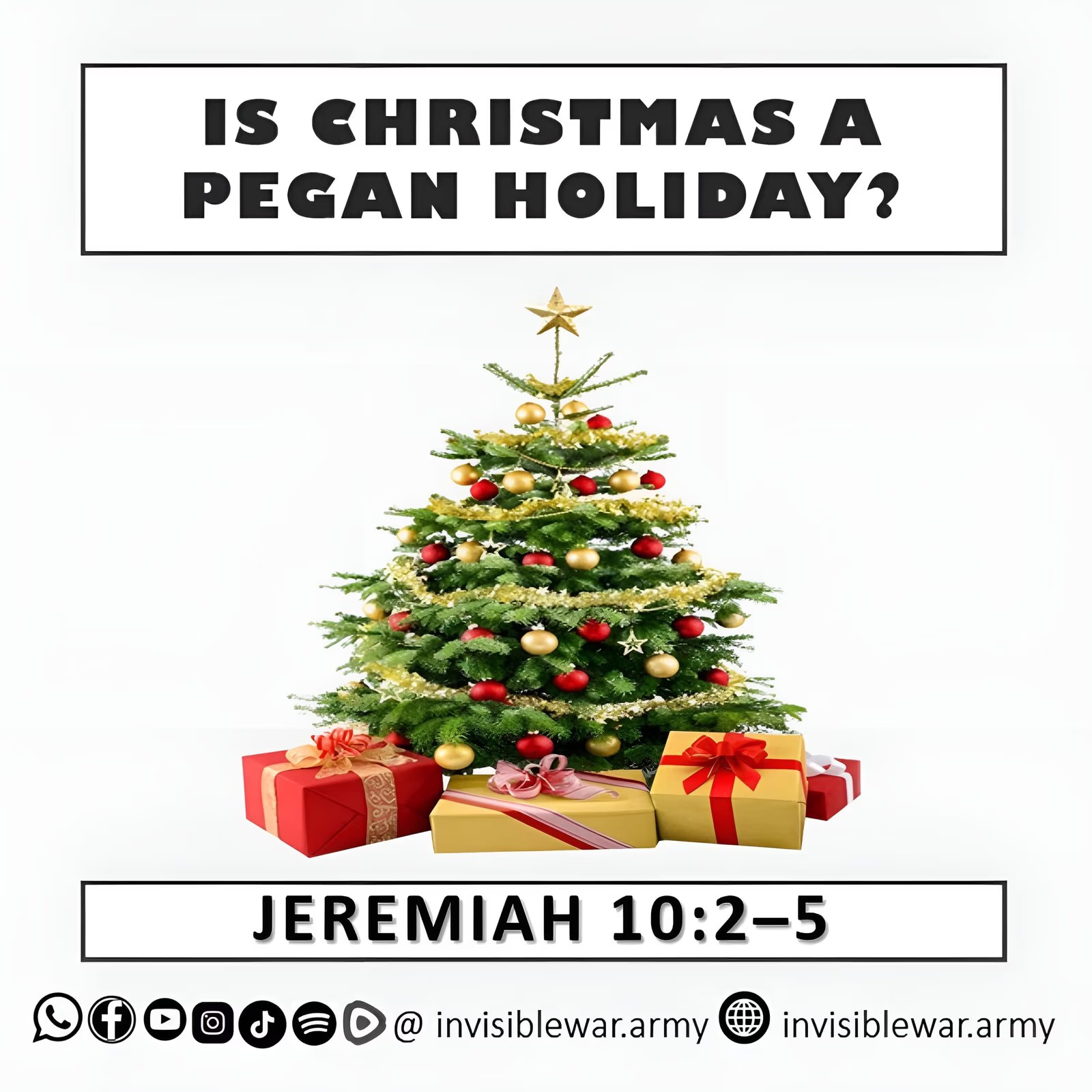The Word Became Flesh
“And the Word became flesh and tabernacled among us. We beheld His glory, the glory of the one and only from the Father, full of grace and truth” (John 1:14 TLV).
God can use you to share Christ Jesus (Yahusha) and His love with others. People are often more open during the Christmas season and willing to hear the Good News. There is a shift in the atmosphere—joy, tenderness, and expectation.
This season provides a great opportunity to talk about the birth of the Messiah. It is also a time to spend with family and reflect on God’s greatest gift to humanity.
Was Christ Jesus Born in December?
Many followers of Christ Jesus question the December 25 celebration. Some doubt its accuracy because of commercialism and possible pagan origins.
Luke 2:8–12 tells us about shepherds in the fields when angels announced the Savior’s birth. Late December in Bethlehem is cold, making it unlikely shepherds would live outdoors with their flocks at that time.
The Bible doesn’t give an exact month. However, Scripture gives clues through the pregnancies of Elizabeth and Mary. These details point toward the seventh month of the Jewish calendar, during the Feast of Tabernacles (Sukkot), which falls in September or October.
The Festival of Tabernacles Connection
John 1:14 explains, “The Word became flesh and dwelt (tabernacled) among us.” The Greek word for “dwelt” shares a root with “tabernacle.”
This aligns with Sukkot, a feast that celebrates God dwelling with His people. While we cannot confirm the exact date, many believe the birth of Christ Jesus may have occurred during this festival.
Early Church History and December 25
Neither Yahusha’s disciples nor early Gentile believers celebrated His birth in the first centuries. Historical records from early Church fathers like Irenaeus and Tertullian make no mention of Christmas celebrations.
The first documented observance of December 25 as Christ’s birth appeared around 150 AD in North Africa. Early Jewish-Christian tradition often marked a prophet’s birth nine months after the date of his death. If Christ Jesus was crucified on March 25 (Julian calendar), nine months later falls on December 25.
Pagan Influence and Church Practices
In the 3rd century, December 25 was the Roman celebration of Sol Invictus, marking the sun’s return after winter solstice. Saturnalia, a festival of feasts and gift-giving, also occurred at this time.
The Catholic Church incorporated certain cultural elements to draw converts. By 321 AD, Constantine, a sun-worshipper turned Christian, enforced Sunday worship through law.
This raises the question: Are we following God’s commands or traditions of men? Exodus 20:8 commands us to remember the Sabbath day and keep it holy.
The Christmas Tree Question
The Christmas tree tradition also has ancient pagan roots. Jeremiah 10:2–5 warns:
“Do not learn the way of the Gentiles… For one cuts a tree from the forest… They decorate it with silver and gold; they fasten it with nails and hammers so that it will not topple.”
Though many see the tree as symbolic today, its origins caution us to examine our practices.
The Heart of the Matter
Rather than focusing on the exact date or outward traditions, let us give thanks daily for God’s gift—Christ Jesus, our Savior.
The real question is not when we celebrate, but whether Christ reigns in our hearts.
Prayer:
Father YHWH, help me focus on the truth of Christ Jesus and not be distracted by man-made traditions. Let my worship be in spirit and in truth. Amen.

